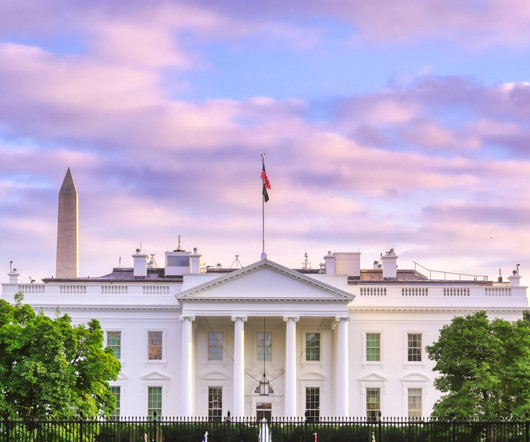From College to Careers: The Pell Institute Receives $748,000 Ascendium Grant to Explore Career Development within TRIO Programs
COE
APRIL 7, 2023
This research aims to provide a framework to help postsecondary institutions develop sustainable and equitable career pathways through strategic career exploration and development programming. McNair Post-Baccalaureate Achievement Program) help students overcome economic, social, academic, and cultural barriers to higher education.












Let's personalize your content